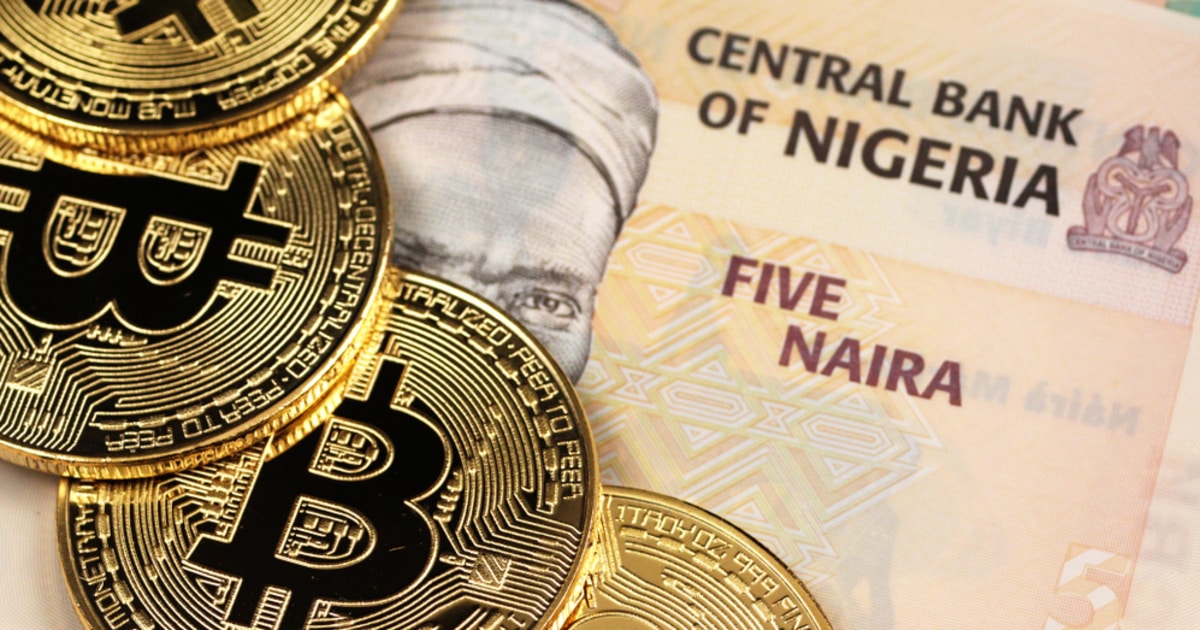Central Bank of Nigeria Bans Cryptocurrency Transactions, Says Crypto Breeds Illegal Activities
Godfrey Benjamin Feb 08, 2021 07:15
The Central Bank of Nigeria (CBN) has once again doubled down on its efforts to ban cryptocurrency transactions stating they are a breeding ground for illegal activities.

The Central Bank of Nigeria (CBN) has once again doubled down on its efforts to cripple cryptocurrency transactions in the country stating they are a breeding ground for illegal activities.

This time, the CBN has directed all Deposit Money Banks (DMBs), Non-Bank Financial Institutions (NBFIs), and Other Financial Institutions (OFIs) to close the accounts of cryptocurrency exchange providers operating in the country in a bid to maintain its ban on crypto.
Nigeria has consistently ranked as one of the hubs for cryptocurrency transactions in Africa and the world at large with sufficient interest amongst the populace as revealed by Google Bitcoin trends. The country’s millennials and Gen Z populace have turned to Bitcoin and cryptocurrencies amid devaluing Nigerian Naira (NGN) and extreme Dollar restrictions.
The growth of Bitcoin and altcoin trading in the country has inspired the growth of homegrown exchanges as well as foreign exchange providers including Binance, Coinbase, Local Bitcoins, and Paxful amongst others. However, the survival of some of these outfits in the largest crypto market in Africa is now being threatened by the CBN.
The CBN stated,
“The recent regulatory directive became necessary to protect the financial system and the generality of Nigerians (including the youth population) from the risks inherent in crypto assets transactions, which have escalated in recent times, with dire consequences for the integrity of the financial system and financial stability. Due to the fact that cryptocurrencies are largely speculative, anonymous, and untraceable, they are increasingly being used for money laundering, terrorism financing, and other criminal activities.”
Amongst the developments in place is that direct deposit and withdrawal into exchanges are currently disabled for all exchanges. This restriction is indefinite with no knowledge of whether the CBN will rescind its decisions anytime soon. The restriction which is outrightly being rebuffed by the crypto savvy populace, however, does not affect P2P trading, and as such, may keep exchanges like Binance in business for much longer.
Image source: Shutterstock.jpg)

